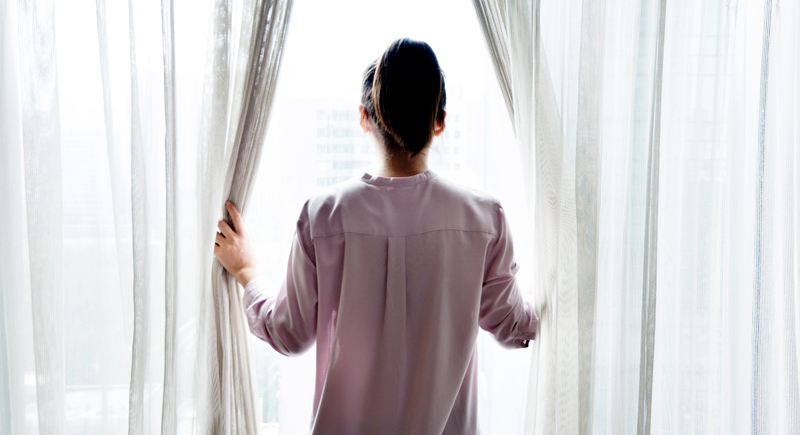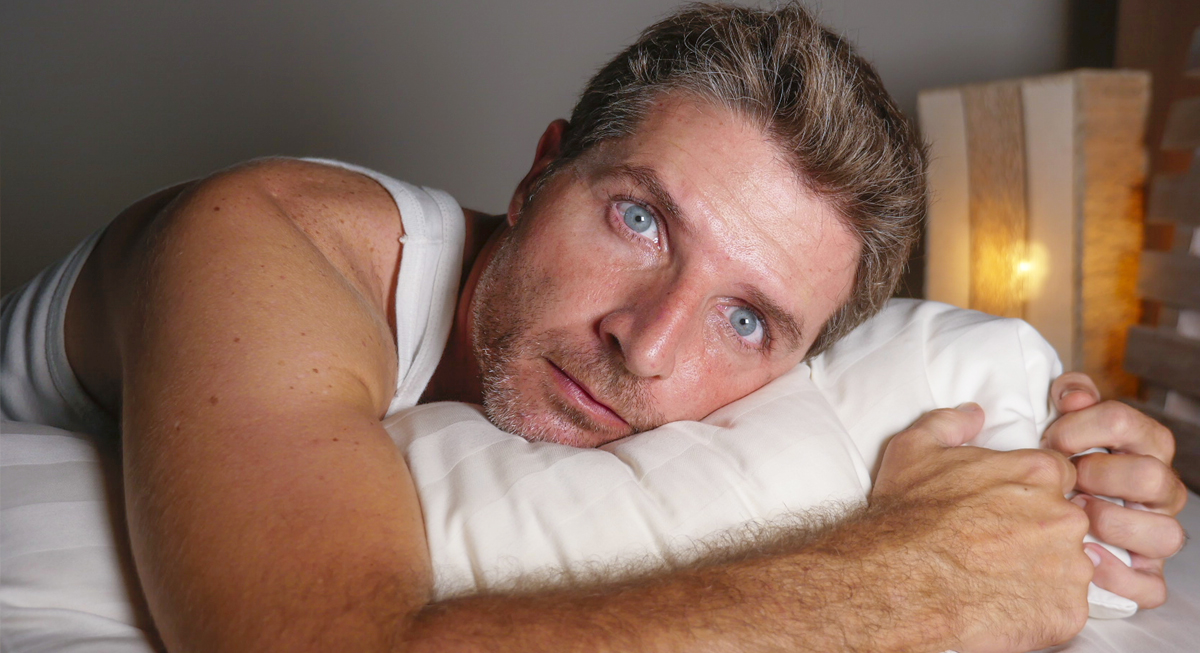While the night may hold a certain allure with its quiet and calm, being a night owl comes with habits that might be secretly taking a toll on your well-being. From disrupting natural sleep patterns to affecting daily productivity, here are 15 habits common among night owls that could be quietly impacting your life for the worse.
Skipping Breakfast

Credit: pexels
Staying up late often means sleeping through breakfast, causing you to miss out on the day's most important meal. This can lead to poor eating habits and energy crashes later in the day.
Overusing Screens Before Bed

Credit: pexels
The blue light from screens can interfere with your ability to fall asleep by disrupting your circadian rhythm. This habit keeps you awake longer and can deteriorate your sleep quality over time.
Inconsistent Sleep Schedule

Credit: freepik
Varying your bedtime and wake-up times can throw off your body's internal clock, leading to sleep disorders and a constant feeling of jet lag. Consistency is key for restorative sleep.
Caffeine Late in the Day

Credit: freepik
Consuming caffeine late in the evening can significantly hinder your ability to fall asleep at a reasonable hour. This creates a vicious cycle of sleeplessness and reliance on stimulants.
Lack of Morning Sunlight

Credit: iStockphoto
Missing out on getting morning sunlight can affect your vitamin D levels and further disrupt your circadian rhythm. Sunlight exposure is crucial for maintaining a natural sleep-wake cycle.
Social Isolation

Credit: freepik
Night owls often miss out on morning and daytime social activities, leading to feelings of isolation and loneliness. Social connections are essential for mental and emotional health.
Procrastination

Credit: pexels
The quiet of the night can be deceptive, making it easy to put off tasks until "later," but this often leads to stress and a pile-up of responsibilities. Procrastination can erode your sense of control over life.
Neglecting Physical Activity

Credit: freepik
With energy peaks at odd hours, night owls might find it challenging to incorporate regular exercise into their routine. Physical activity is essential for overall health and well-being.
Poor Diet Choices

Credit: pexels
Nighttime snacking often leans towards unhealthy options, contributing to poor nutrition and weight gain. The availability of healthy food options is also limited during late hours.
Ignoring Mental Health

Credit: pexels
The solitude of night can exacerbate feelings of depression and anxiety for some. Without the distraction of daytime activities, negative thoughts can become more pronounced.
Reduced Productivity

Credit: freepik
The rest of the world operates on a roughly 9-to-5 schedule, meaning night owls might miss important emails, calls, and opportunities. This misalignment can hinder personal and professional growth.
Increased Risk of Health Issues

Credit: pexels
Studies suggest that those who go against their natural sleep cycles may face higher risks of cardiovascular problems, diabetes, and obesity. The body thrives on regularity and balance.
Dependency on Sleep Aids

Credit: freepik
The struggle to adjust to a more conventional schedule might lead some night owls to rely on sleep aids. This dependency can affect natural sleep patterns and overall health.
Lack of Quiet Morning Hours

Credit: pexels
Missing the serene early hours of the day means losing out on a peaceful time for productivity and self-reflection. These moments can set a positive tone for the entire day.
Feeling Out of Sync with the World

Credit: iStockphoto
Constantly fighting against the societal clock can leave you feeling disconnected and out of sync with the rest of the world. This disconnection can affect your social life, work, and sense of belonging.





